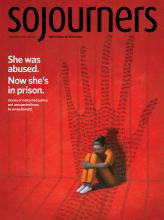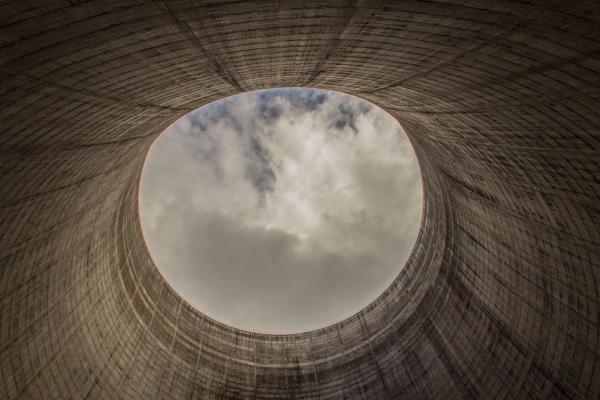“THIS WILL BE A historic moment,” announced Ambassador Elayne Whyte Gómez on July 6, the day before 122 countries adopted the U.N. Treaty on the Prohibition of Nuclear Weapons as a legally binding agreement to outlaw nuclear weapons—and a major step toward their complete elimination. (Sixty-nine nations refused to vote, including all the nuclear weapon states and all NATO members except the Netherlands.)
“I have been waiting for this day for seven decades, and I am overjoyed that it has finally arrived,” said Setsu-ko Thurlow, a renowned antinuclear activist and survivor of the U.S. nuclear weapon dropped on Hiroshima, Japan, in 1945.
Parties to the treaty are prohibited from developing, testing, producing, manufacturing, possessing, or stock-piling nuclear weapons. The treaty also creates, for the first time, obligations to support the victims of nuclear weapons use and testing, as well as remediation of environmental damage caused by nuclear weapons.
Read the Full Article

